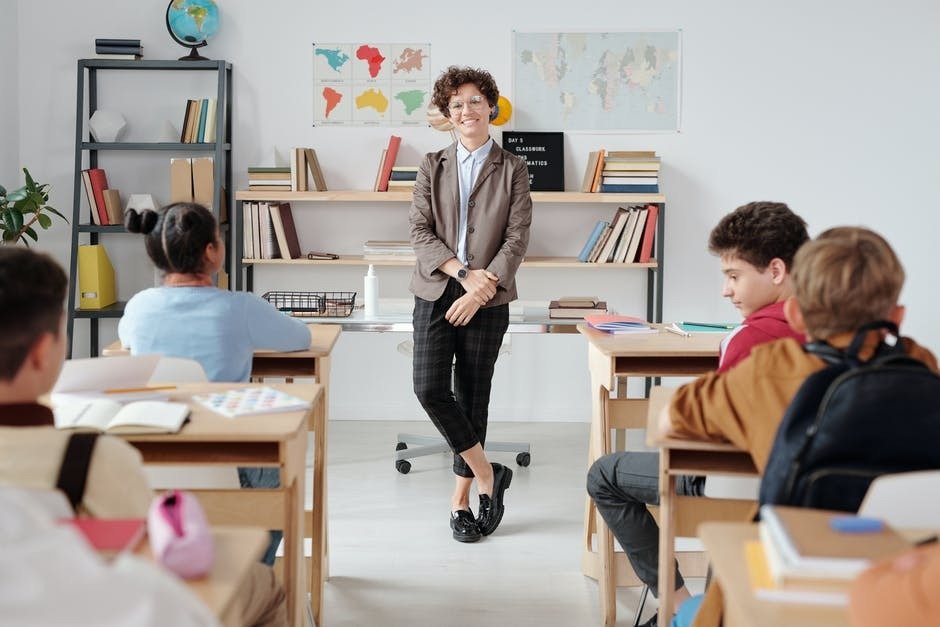The Benefits of Private Schools

Although the government does not directly fund private schools, most follow federal policies to provide an education that is on par with public institutions. However, private schools are permitted to set their own admissions criteria. In addition, they are not bound by local zoning laws or school districts' boundaries. These factors are not considered when evaluating the quality of education offered by private schools. Here are some reasons why private schools are beneficial to students. Let's take a look at the pros and cons of each.
First, private schools greenville nc are considered status communities. Many families seek them out for their particular interests. Some private schools are excellent and outstanding, while others are terrible. Some are renowned for having more resources than many colleges, yet others do not provide enough food, discipline, or opportunities for intellectual growth. Regardless of what their characteristics are, it is important to understand the differences between private and public education. Ultimately, these distinctions will help you decide which school is best for your child.
There are pros and cons to both public and private schools. In the United States, private schools are generally more competitive than public schools, and the quality of education varies across the country. While some private schools are excellent, there are also many mediocre or even appalling options. Some private schools have resources that rival those of many colleges, while others lack food, discipline, and intellectual life. These disparities are often the result of simplistic statements about private schools, which lead to misunderstandings and misguided policy recommendations.
One key benefit of private schools is their rigorous standards, which engage students and foster a desire to learn. Teachers expect students to perform at a high level, and this explains their higher graduation rates and above-average college-going rates. Find out more about the daycares in Greenville NC on this page.
In addition, private schools generally have higher standardized test scores than their public counterparts, and their high school graduation requirements are generally stricter. Therefore, private schools are a great option for kids who have trouble at public schools.
Private schools are generally independent organizations that own and govern themselves. They are typically governed by a self-perpetuating board of trustees, which perform strategic and fiduciary duties and set the direction and vision of the enterprise. In addition, they are owned and operated by a head of school, who reports to the board of trustees and oversees day-to-day operations. In contrast, public schools are governed by local voters and are grouped by districts. A superintendent is responsible for overseeing the school's day-to-day operations.
Public schools are often smaller and more personal than private ones. Religious-based private schools usually offer a more personalized approach to education. They may be associated with a particular religion, or they may have a broader educational focus. Non-sectarian private schools may cater to special needs, gifted students, or the arts. Depending on the school's purpose, it may be possible to find an appropriate match. The majority of public schools are independent. Check out this related post to get more enlightened on the topic: https://www.encyclopedia.com/history/united-states-and-canada/us-history/private-schools.
